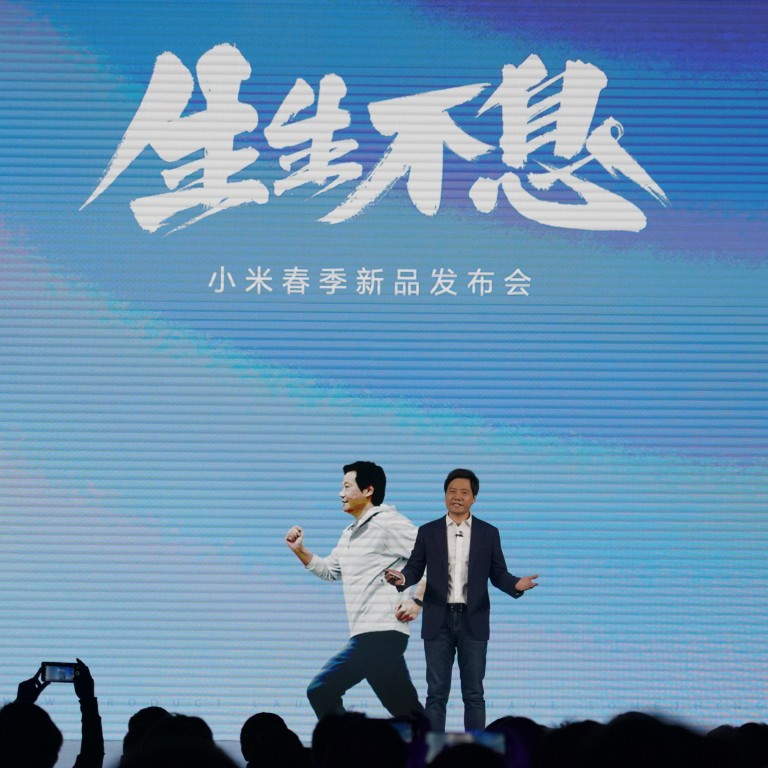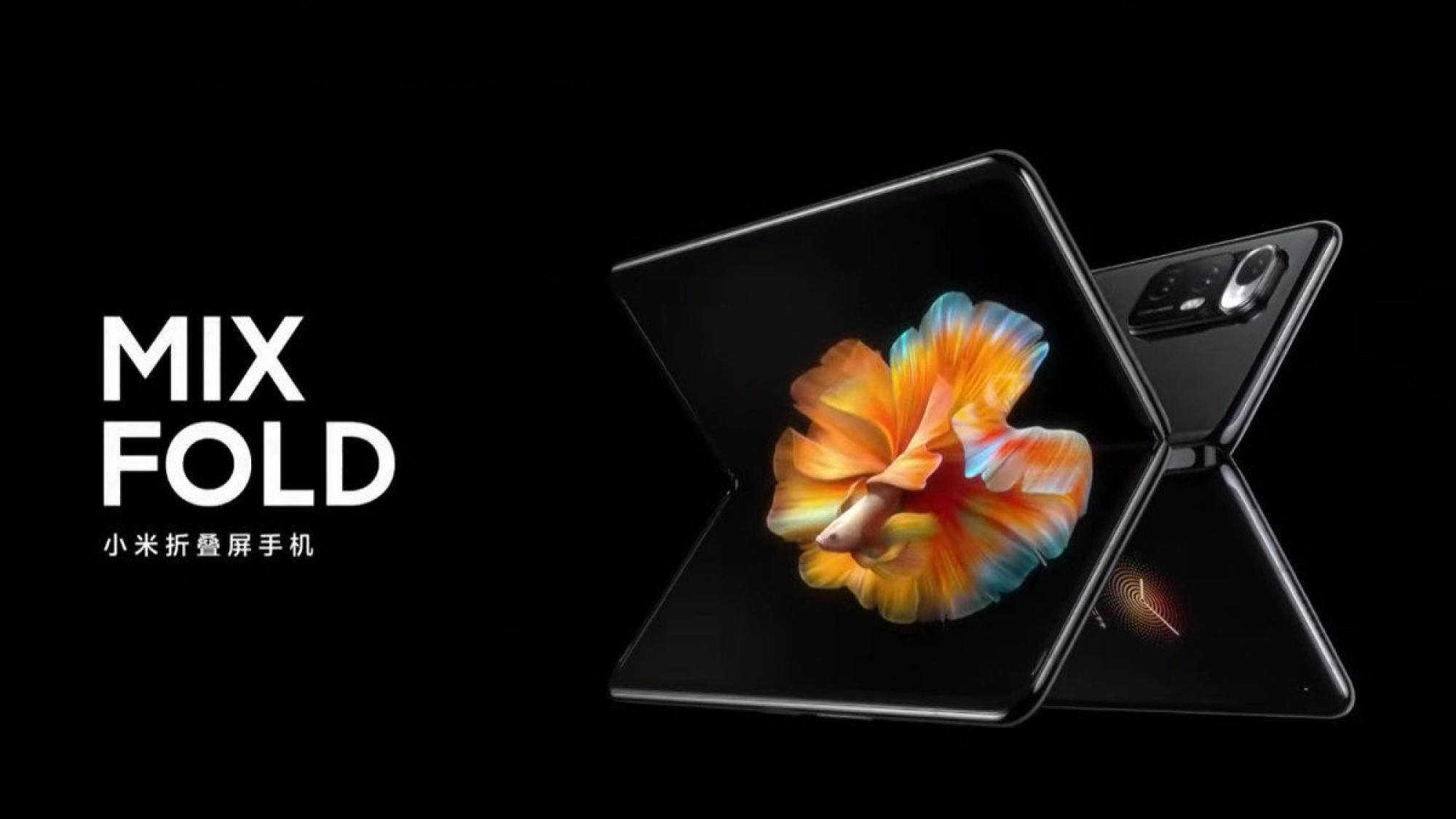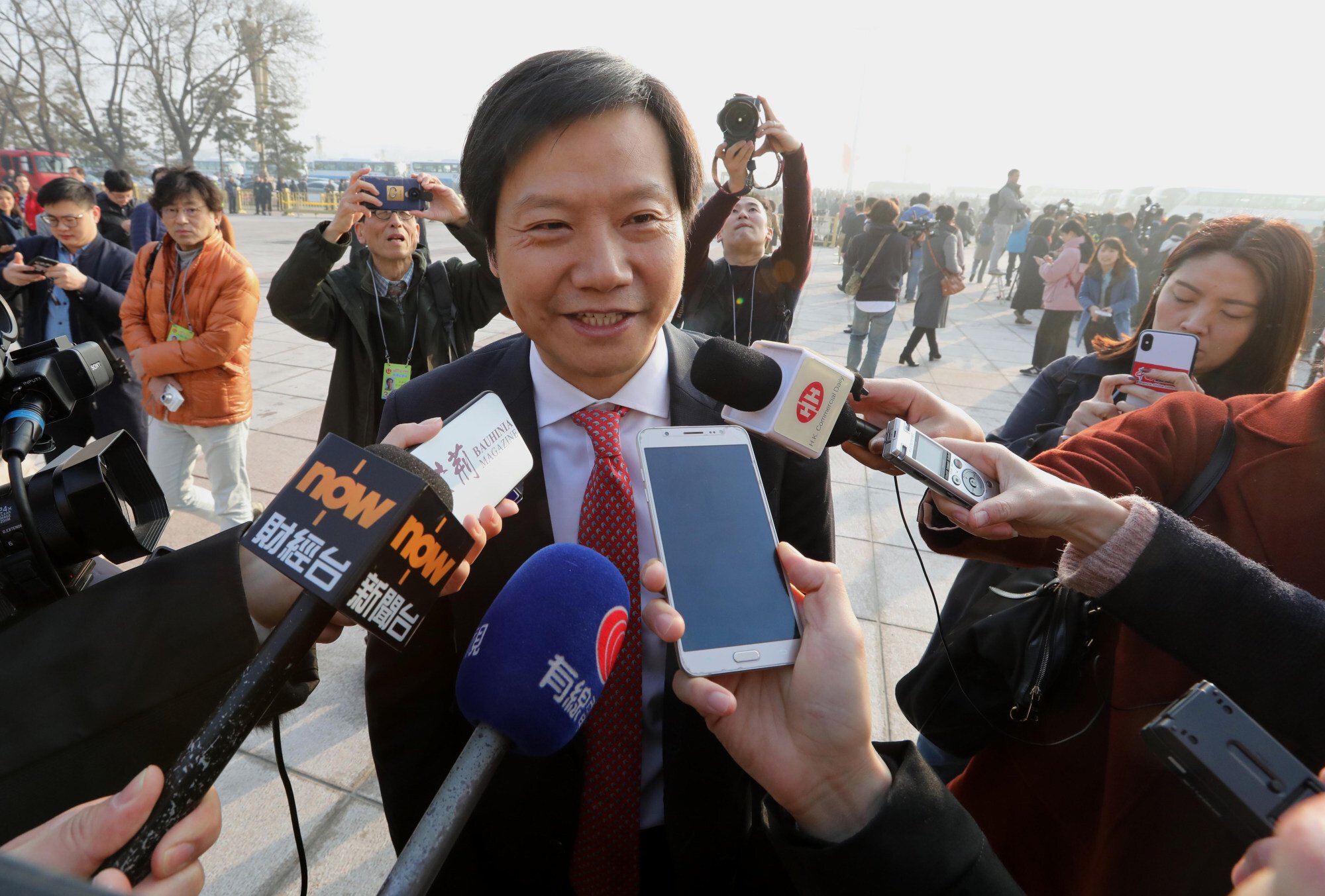
China’s EV war: Xiaomi enters the fray with multibillion-dollar investment in world’s largest electric vehicle market
- Xiaomi will kick off its electric vehicle project with an initial investment of US$1.5 billion and expects to spend up to US$10 billion over the next decade
- Lei Jun, Xiaomi’s founder and chief executive, will head the company’s new electric car division
“What do we have? We have money,” Lei said at the event. “More importantly, we have 10,000 people in R&D and we will add another 5,000.”
The 51-year-old Lei said he knows “the risks that this endeavour entails” and that the company’s investment “won’t see a result in the next few years”. He indicated that Xiaomi “is a different company from the small start-up 10 years ago that had only three to five people”, adding that the firm has “accumulated a lot of wisdom and experience” to be able to test the waters of the electric car industry.

The Hong Kong-listed firm is the latest tech company to join the smart mobility race in the world’s largest car market.
In China’s EV war, here’s how tech giants will shake up the world’s biggest car market
The EV initiative of Xiaomi comes as the sector is expected to record massive growth in the coming years. Digital services and products slated for China’s EVs industry could reach 1 trillion yuan a year, according to a forecast by China’s Ministry of Industry and Information Technology, although it did not specify when.
Lei, who said he drives a Tesla, indicated that he thought long about Xiaomi’s move into EVs because the competition in smartphones remains fierce. Still, one of his friends warned him not to miss the opportunity to take on the industry because a number of the company’s peers and competitors either have plans or already entered the market.

The company also launched its Surge C1 image signal processing chip on Tuesday.


